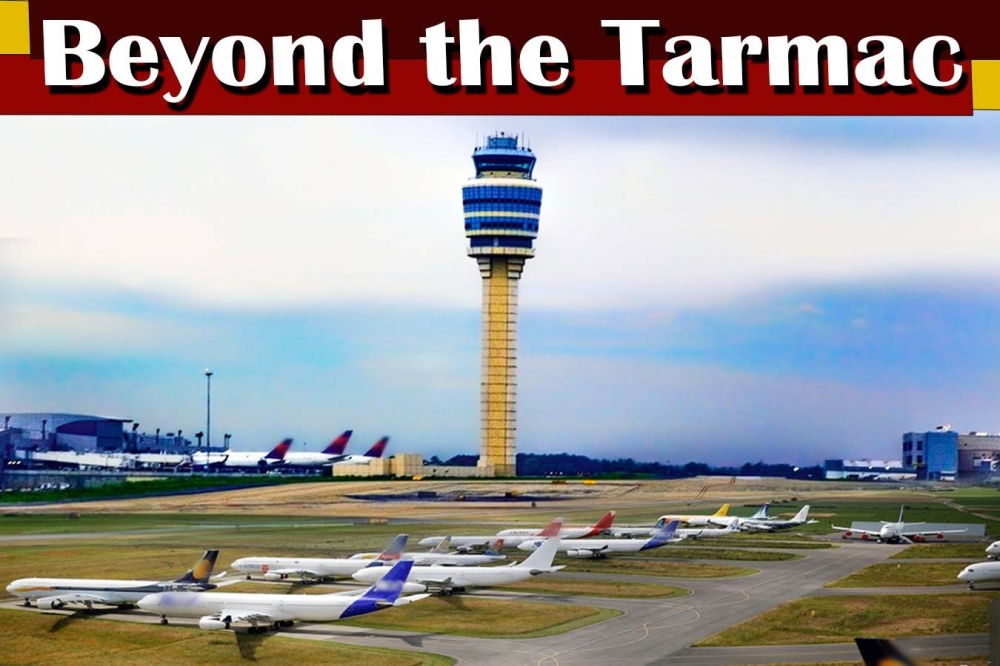
Higher fuel costs jack up ticket prices, and conversely, airfare drops with lower fuel costs. A lower fuel burn-per–hour rate reduces the cost of flying an aircraft. The less it costs to fuel an aircraft, the more airlines can reduce ticket prices, obviously attracting more travellers.
The global average jet fuel price last week was down 0.3% compared to the week before at $122.80/barrel, according to IATA.
Jet fuel prices in Europe fell in line with the decline in oil prices. There was no shortage of imports from East of Suez even as the peak summer demand starts to taper.
In the US, market volatility has increased amid supply concerns stemming from local refinery shutdowns.
However, jet fuel prices in the Asian market firmed as it continued to find arbitrage demand from Europe and US, IATA noted in its fuel price monitor.
There are perceptions that oil supply will tighten towards the end of the year.
Analysts say many airlines around the world are reviewing their hedging strategies in view of the situation.
Currently, there is a huge demand for jet fuel with the international travel and tourism industry continuing its recovery run to pre-pandemic levels.
Global traffic at the end of the second quarter (Q2) of the current year was at 94.2% of pre-Covid levels.
For the first half (H1) of 2023, total traffic was up 47.2% compared to the year-ago period. Such figures are broadly indicative of the industry's post-Covid recovery largely sustaining its momentum.
When jet fuel prices rise, airlines often seek to pass on some of the increased costs to passengers by adjusting airfares.
While airlines might not fully pass on the entire fuel cost increase to passengers, they do tend to reflect a portion of it in their ticket prices to help maintain financial viability.
Airlines sometimes engage in fuel hedging, a financial strategy where they lock in fuel prices at a certain level for a specified period.
Invariably, this strategy provides a degree of predictability in fuel costs, even if market prices fluctuate.
If an airline has effective fuel hedging in place, analysts point out it might be able to mitigate the immediate impact of sudden fuel price spikes on airfares.
The airline industry is highly competitive, and airfares are influenced by various factors beyond just fuel prices.
Airlines need to consider their competitors' pricing strategies, market demand, and customer sensitivity to price changes. When fuel prices rise, airlines may be cautious about increasing ticket prices too much, fearing that this might drive passengers away to lower-cost alternatives.
Passenger demand for air travel is often sensitive to changes in ticket prices. When fuel prices increase, airlines carefully assess the elasticity of demand – that is, how much demand will drop in response to higher prices.
If demand is highly elastic, airlines might be more hesitant to raise prices significantly, as it could lead to a noticeable drop in the number of passengers.
The price of jet fuel is a critical factor influencing the operating costs of airlines, which in turn impacts their pricing decisions. While airlines often pass on a portion of increased fuel costs to passengers, they must balance this with considerations like competition, demand elasticity, and broader economic conditions. As a result, the relationship between jet fuel prices and airfares is complex and varies based on a multitude of factors.


